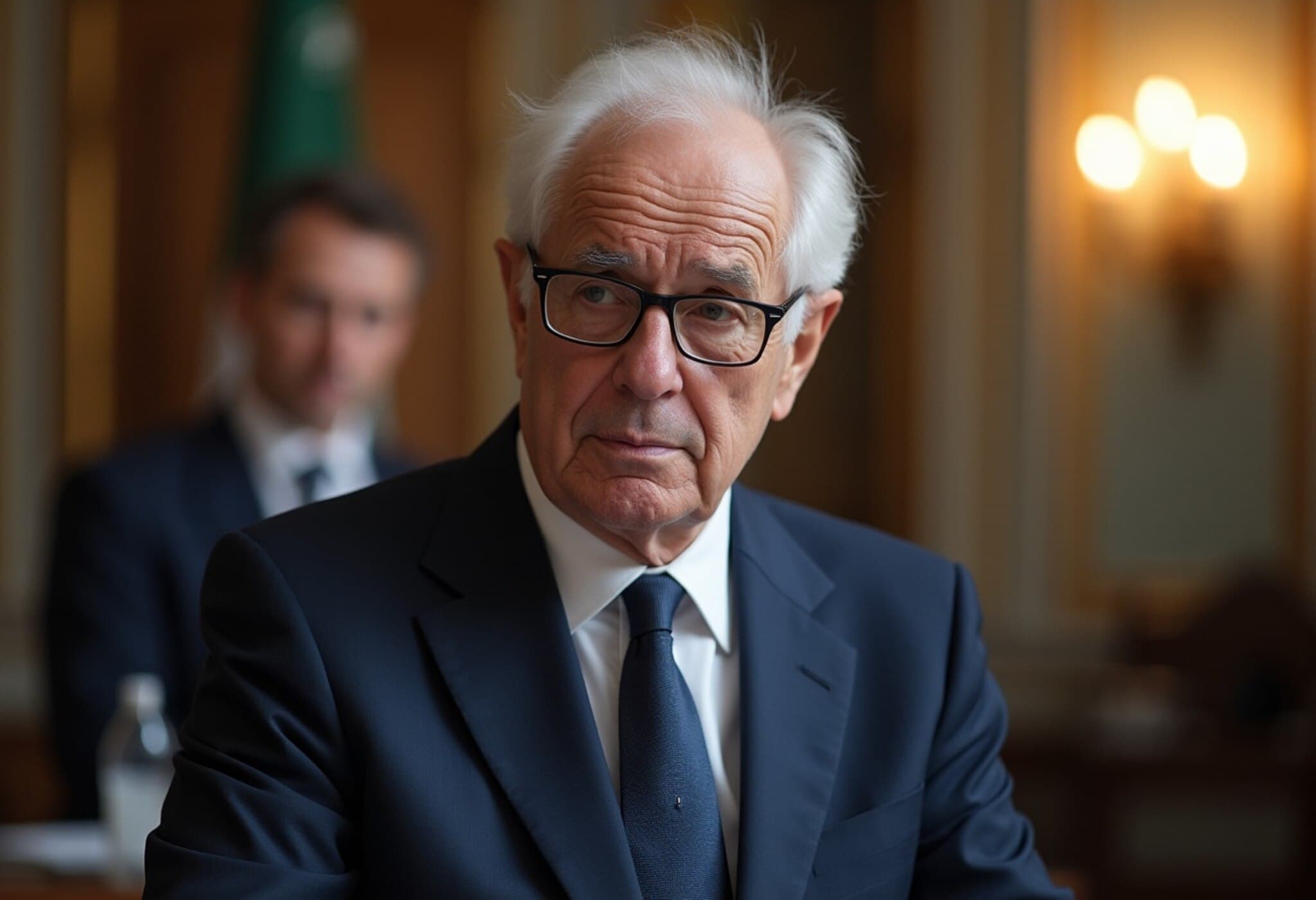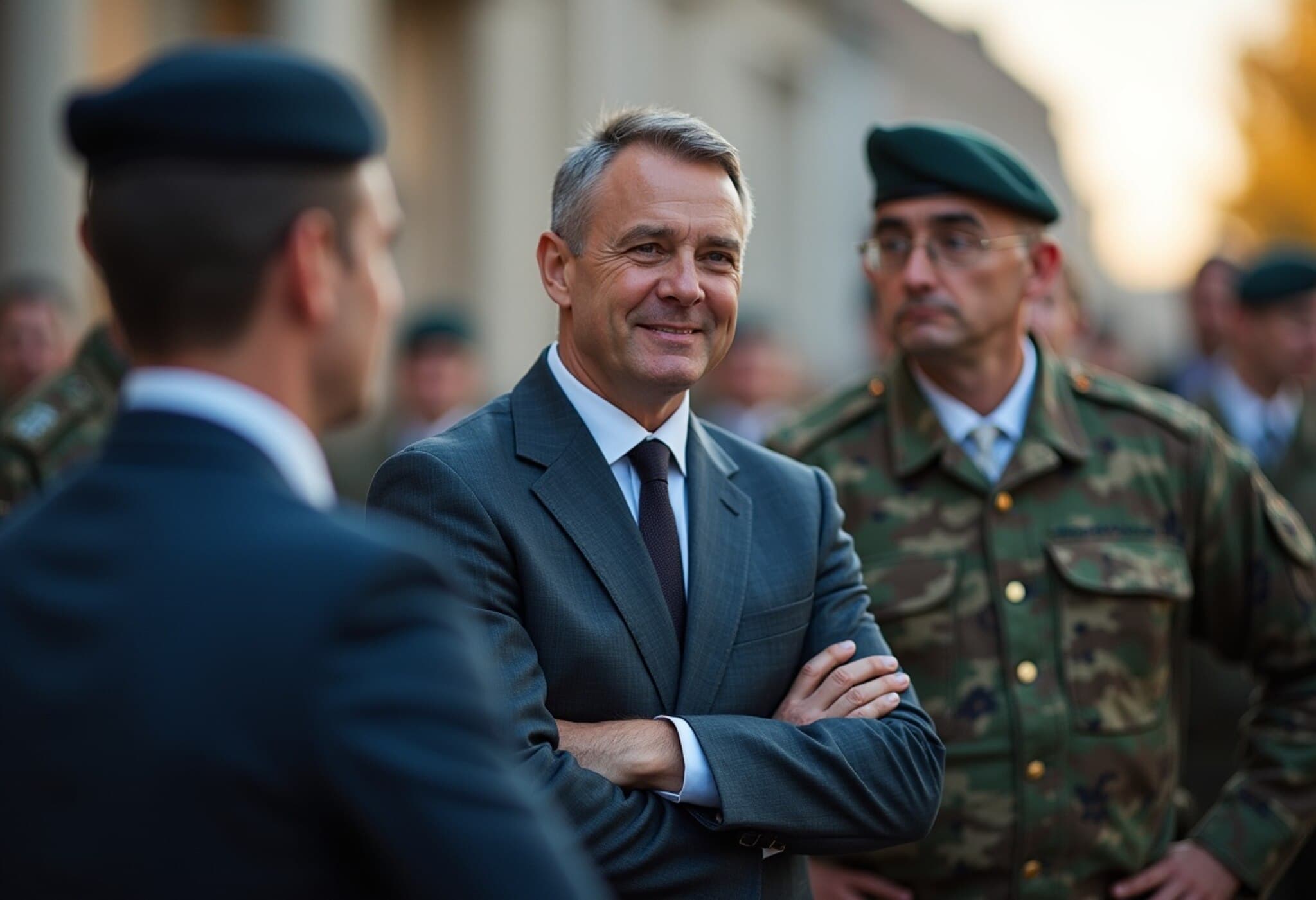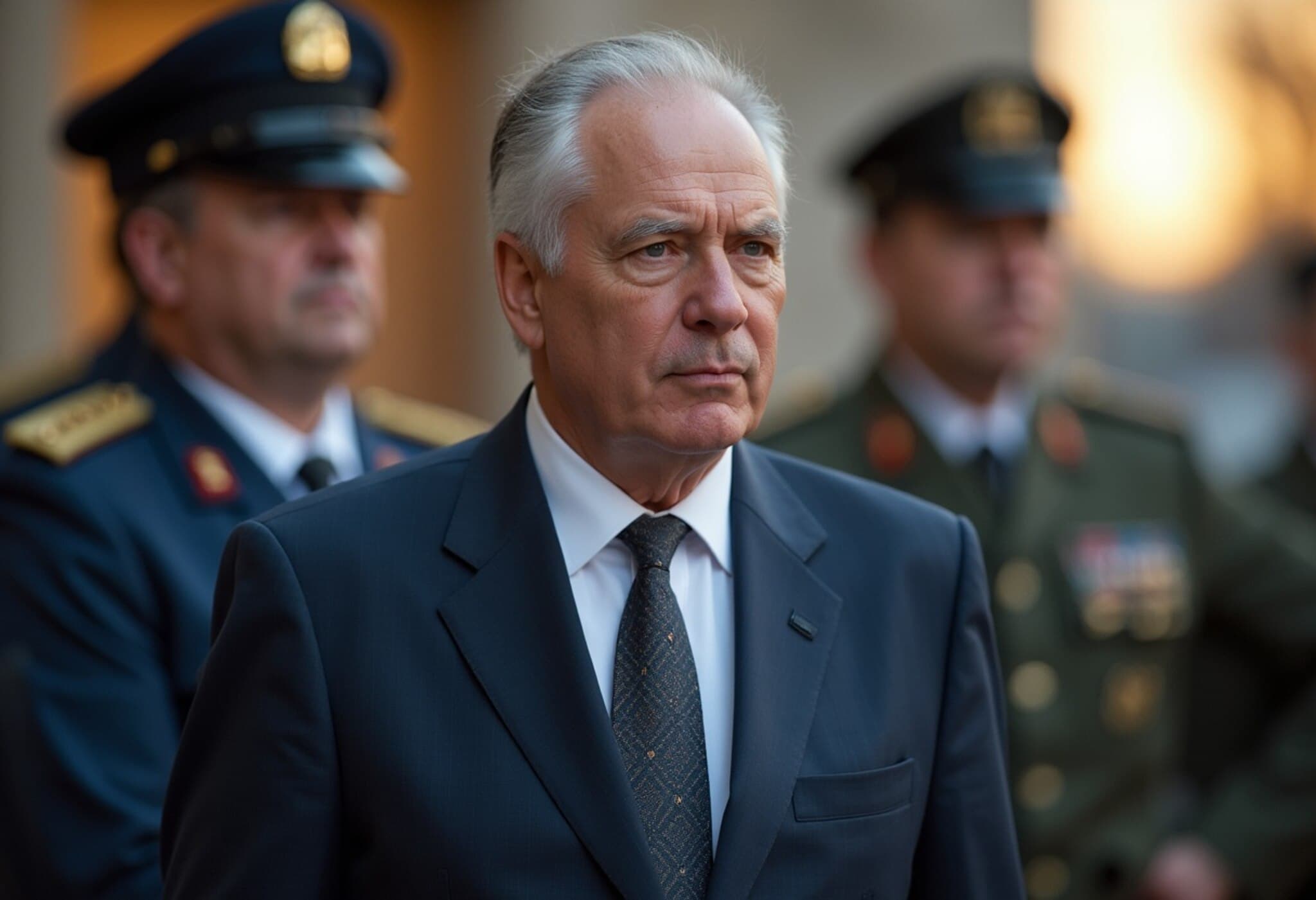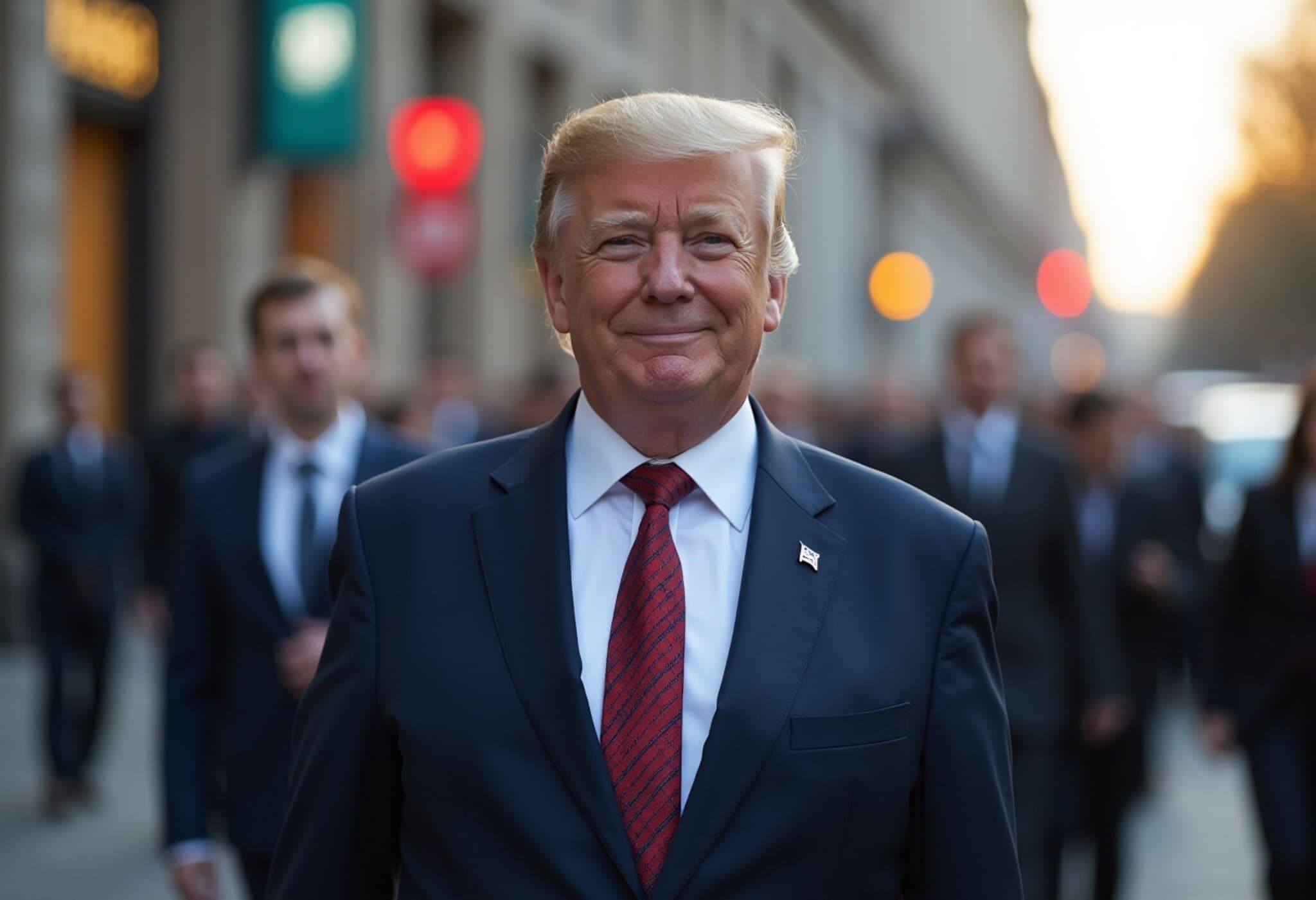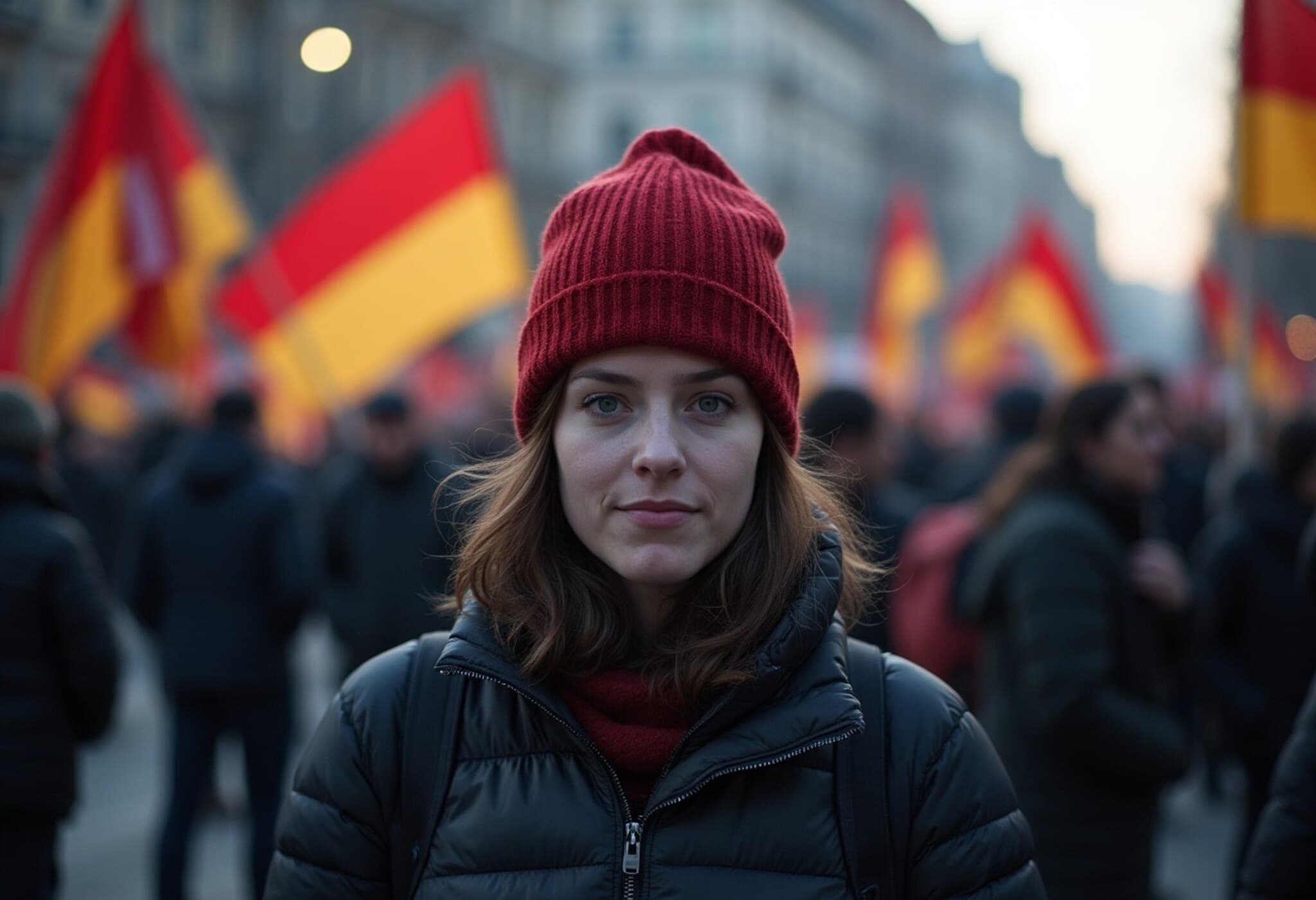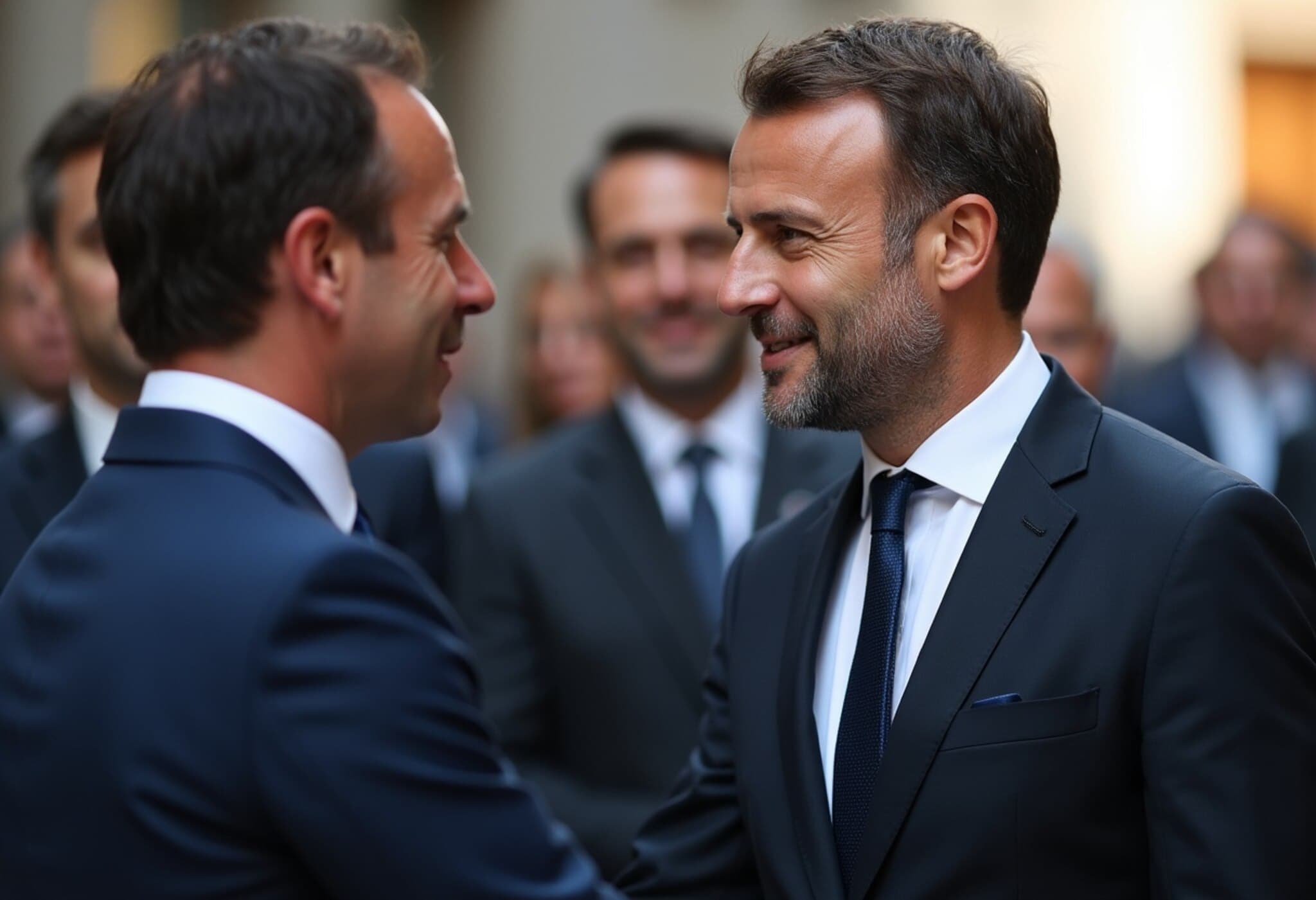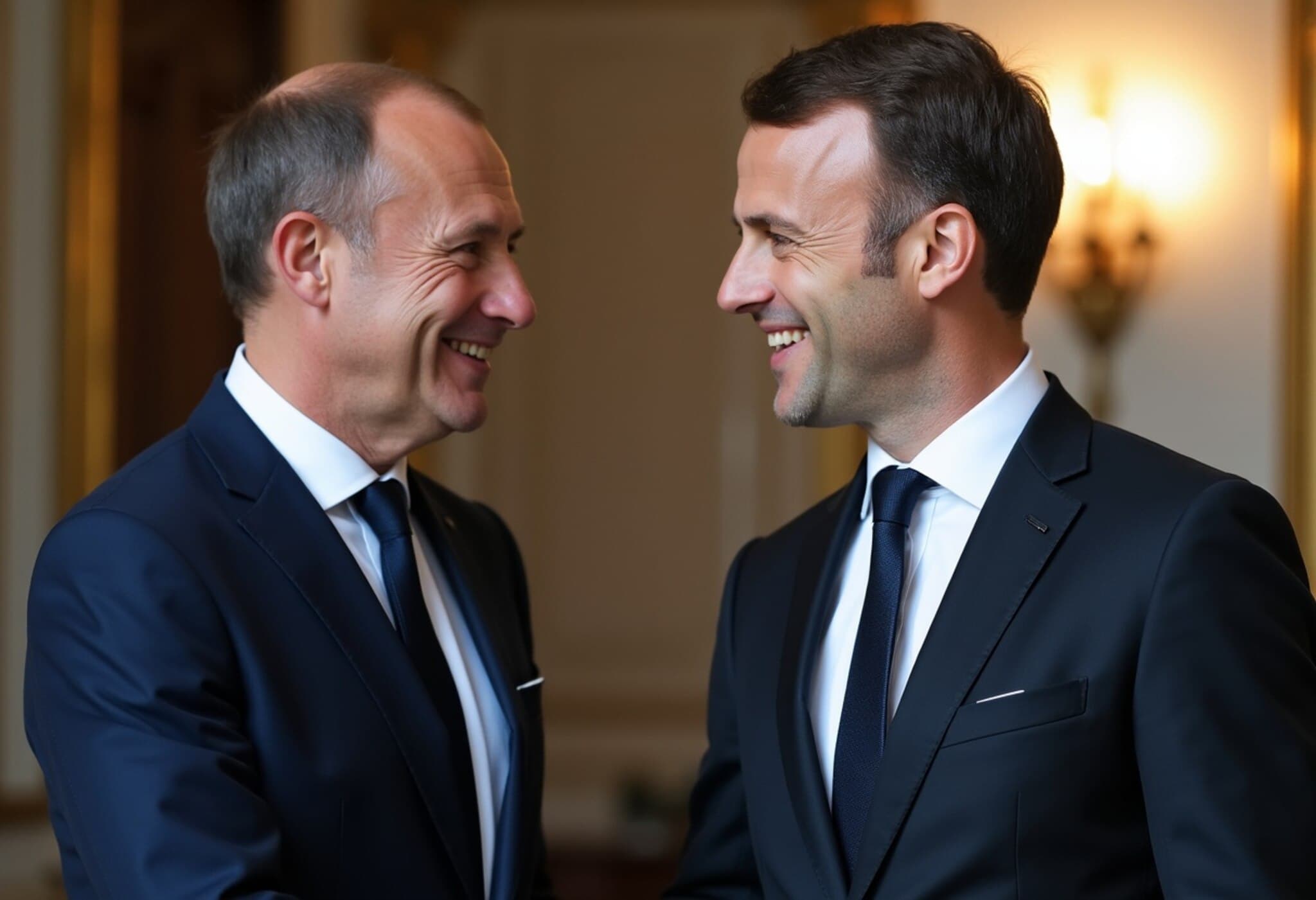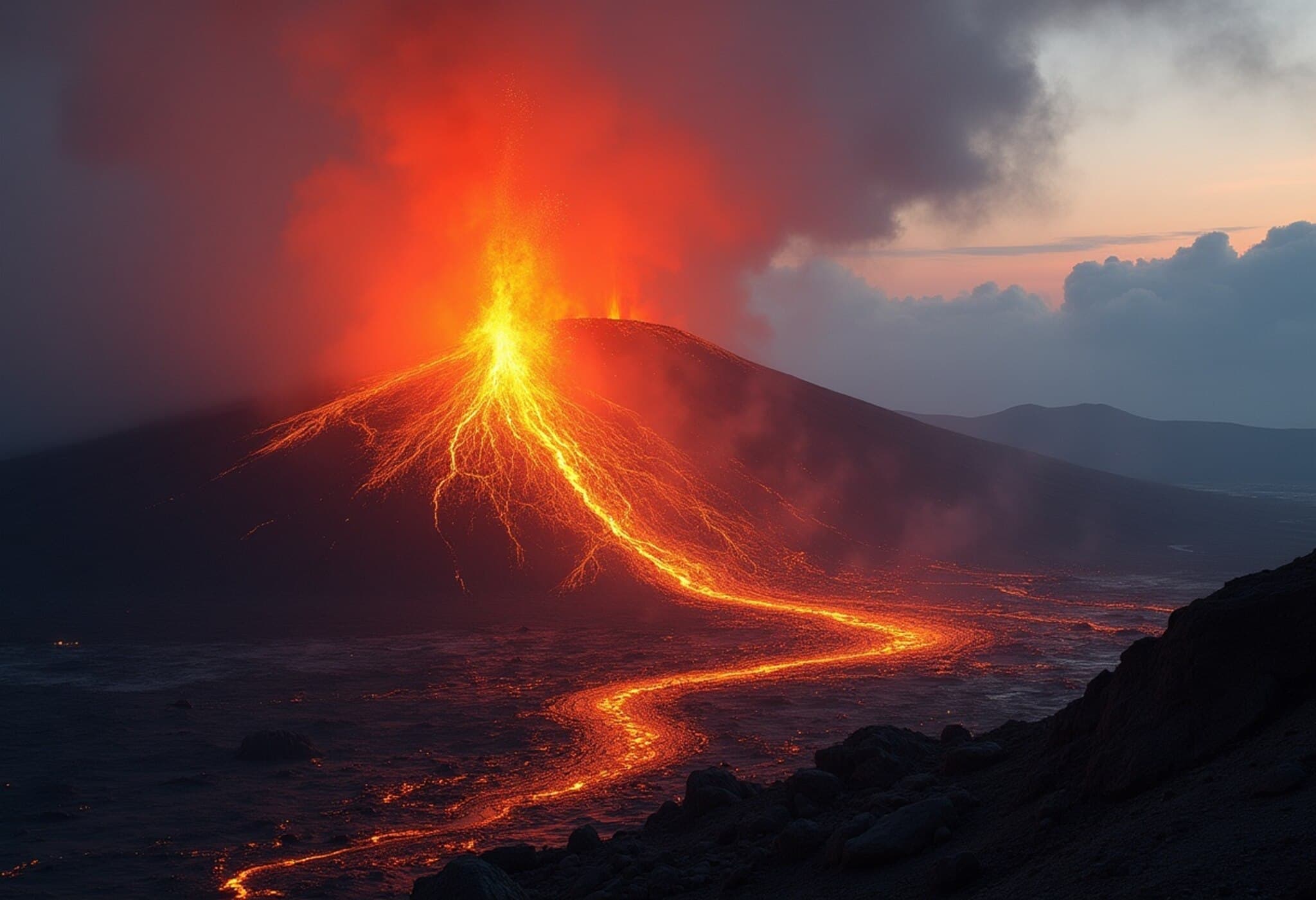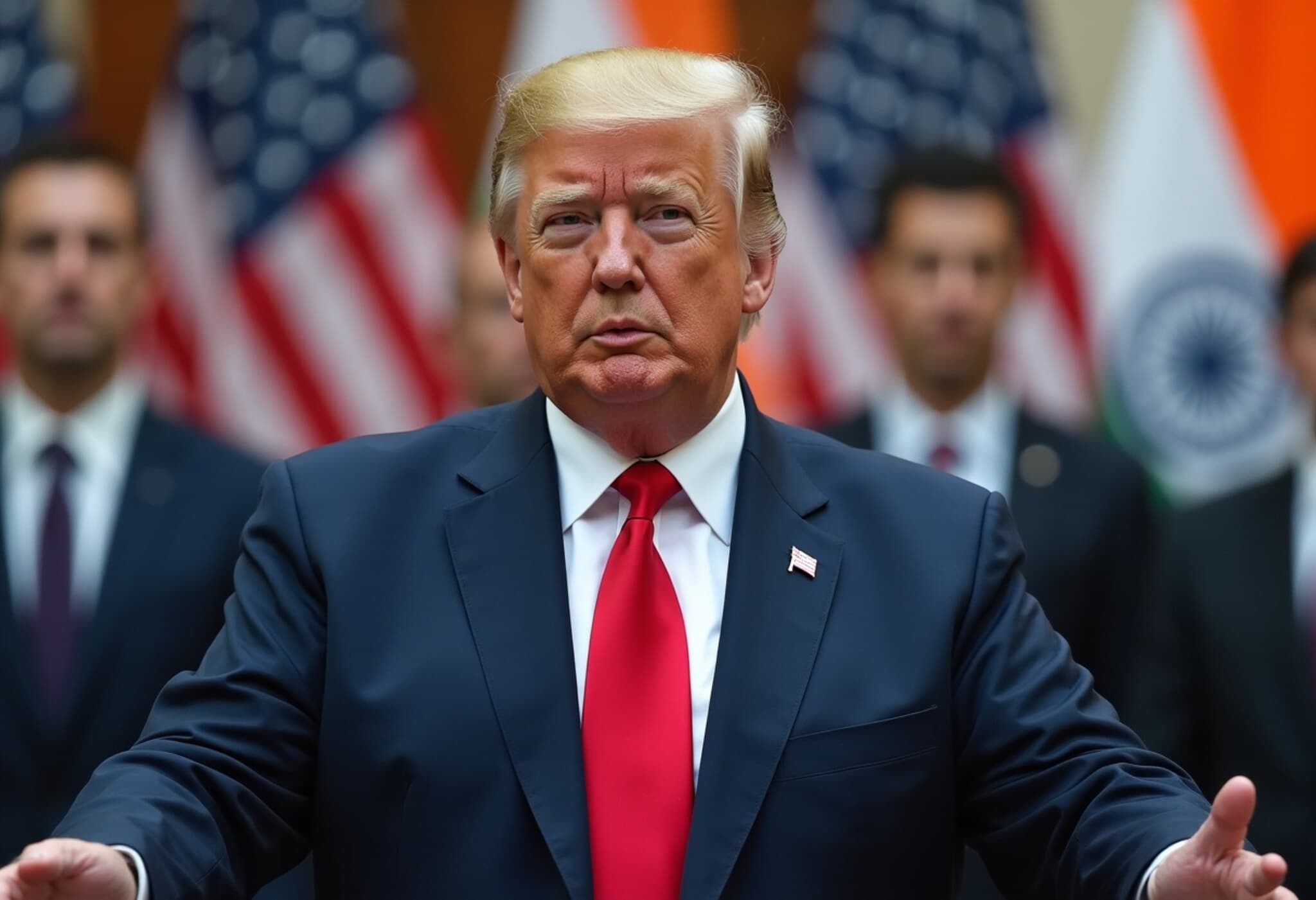Italy Summons Russian Ambassador Over ‘Russophobe’ List Controversy
In a diplomatic move underscoring the growing tensions between Rome and Moscow, the Italian government announced on July 30, 2025, that it would summon the Russian ambassador to formally protest the inclusion of President Sergio Mattarella on a Russian-published list labelling Western leaders as “Russophobes.” This list accuses various Western politicians of perpetuating anti-Russian sentiment in the aftermath of Moscow’s military actions in Ukraine.
President Mattarella’s Speech Sparks Diplomatic Stir
The controversy centers around a statement made by President Mattarella during a February 2025 address at Aix-Marseille University. In his speech, Mattarella drew a historic parallel between Russia’s full-scale invasion of Ukraine in 2022 and the expansionist wars waged by Nazi Germany, highlighting the dangers of unchecked aggression. The Russian Foreign Ministry cited this and other remarks as evidence of “hate speech” by Western elites.
Italy’s Prime Minister Giorgia Meloni publicly condemned the list, describing it as “yet another propaganda operation” designed to vilify leaders who stand firmly in support of Ukraine. She emphasized that Italy remains committed to upholding international law against Russia’s invasion, aligning with the broader Western condemnation of Moscow’s actions.
Context: Italy’s Shifting Relationship with Russia
Historically, Italy maintained relatively close economic and political ties with Russia, often acting as a conciliatory voice amidst EU-Russia tensions. However, since the 2022 invasion of Ukraine, Rome has unequivocally distanced itself from Moscow, reinforcing strong support for Kyiv through diplomatic, economic, and humanitarian channels.
The inclusion of President Mattarella in Russia’s “Russophobe” list—a roster including other prominent European figures such as German Chancellor Friedrich Merz, EU High Representative Kaja Kallas, NATO Secretary-General Mark Rutte, and French President Emmanuel Macron—signals Moscow’s intent to publicly condemn and isolate Western leaders critical of its policies.
What This Means for Euro-Russian Relations
- Diplomatic Strain: Italy’s move to summon the Russian envoy highlights an intensification of diplomatic discord.
- Propaganda and Information Warfare: Moscow’s publication of the list can be seen as part of broader information strategies aimed at undermining Western unity.
- European Solidarity: The expressed support for Mattarella by other Western leaders underlines sustained Euroscepticism towards Russia’s actions.
Experts suggest that such confrontations exemplify the larger contest over narrative and legitimacy in today’s geopolitical landscape, where words and symbolism often carry as much weight as military or economic measures.
Editor’s Note
While the diplomatic backlash against Russia’s “Russophobe” list underscores ongoing frictions, it raises critical questions about the efficacy of symbolic protests versus substantive policy action. As Italy and its European partners continue to grapple with the ramifications of the Ukraine conflict, understanding the interplay between media narratives, public opinion, and diplomatic engagement remains essential.
In a broader American context, the situation underscores the persistent challenges Western democracies face in countering authoritarian narratives while advancing shared values. How European leaders navigate these tensions, balancing firm stances with diplomatic dialogue, will profoundly influence the future of Euro-Russian relations and regional stability.

